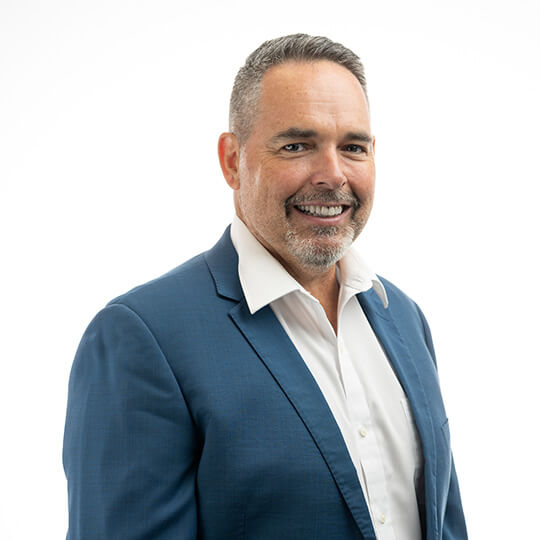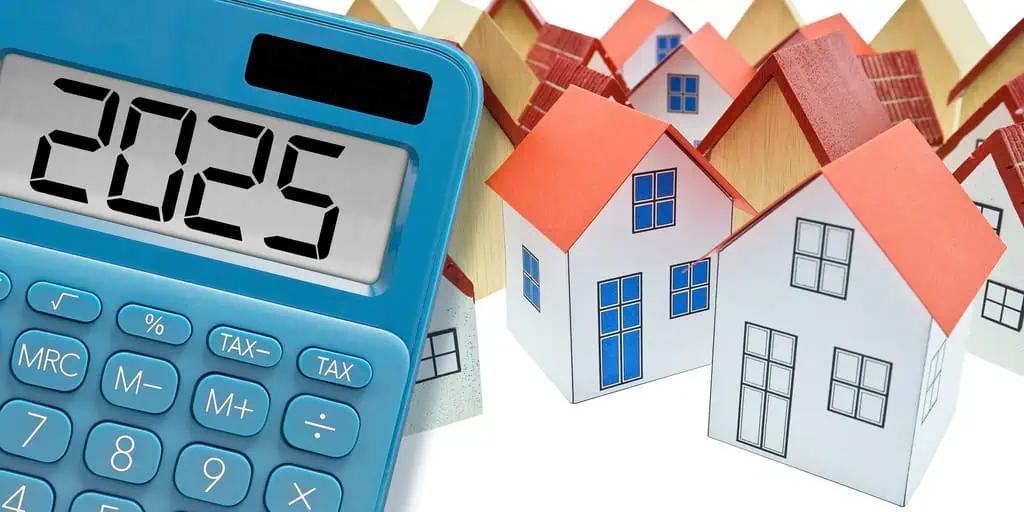Hidden Costs of Buying a House: What to Know Before Buying
Buying property is a significant financial commitment for many Aussies and it’s the hidden costs of buying a house that can catch new homeowners out. Understanding these costs well before making any offers is one way you can prepare for homeownership. We have written this article to help you create a realistic budget and avoid financial surprises. Read on to learn a range of expenses you may encounter when buying a house. When you are ready to chat about home loans, you can book an appointment with a professional mortgage broker who can tell you exactly which of these costs will apply to your property purchase.
What are the Hidden Costs of Buying a House?
While the purchase price of a property is undoubtedly the most significant expense, it’s far from the only one. Here’s a breakdown of some common hidden costs:
Stamp Duty / Transfer Fee
This is a government tax payable on the purchase of property. The amount varies depending on the property value and your state of residence.
Conveyancing Fees
You’ll need a conveyancer or solicitor to handle the legal aspects of the property transfer. Their fees cover services like contract preparation, title searches and settlement.
Mortgage Registration Fees
This is the cost of registering your mortgage with the relevant state government authority.
Lenders Mortgage Insurance (LMI)
If your deposit is less than 20% of the property value, you’ll typically need to pay LMI to protect the lender.
Building and Pest Inspections
These reports provide valuable information about the property’s condition and can help you avoid costly repairs.
Council and Water Rates
These ongoing costs cover services provided by your local council and are usually paid quarterly.
Home and Contents Insurance
Protecting your investment with insurance is essential.
Moving Costs
The expense of moving your belongings to your new home can add up quickly.
Ongoing Loan Costs
Depending on the type of home loan you choose, you may also have ongoing account-keeping fees, annual charges and/or service fees that are part of your home loan costs each year you have the loan.
Check out our FREE online calculators for a range of price estimating tools.
How Much Does it Cost to Buy a House?
The total cost of buying a house will vary depending on several factors, including:
- Property price
- Location
- Deposit size
- Loan type
- Additional costs such as those mentioned above
It’s essential to factor in all potential costs when calculating your budget. A good rule of thumb is to add at least 5-10% to the purchase price to cover these additional expenses.
Is There Help Available With The Cost Of Buying a House?
There are a number of schemes and grants available specifically for first home buyers if this is your first time buying property in Australia. There are federal guarantees as well as the ability for eligible home buyers to use voluntary super contributions. In Queensland, there is a state government grant and a concession on transfer duty.
For more details on these available options, check out our full guide for First Home Buyers.
Your Next Move: Chat With A Mortgage Broker
If you’re unsure about any of these costs, it’s always a good idea to seek advice from a mortgage broker. North Brisbane Home Loans can help you navigate the complexities of home loans as well as additional costs and how they will apply to your situation. Contact us today to discuss your home loan options and learn how we can assist you in achieving your dream of owning a home.

Patrick Cranshaw, a Certified Mortgage Professional for over 21 years, founded North Brisbane Home Loans in 2002. His career began with ANZ Bank in New Zealand, where he progressed over 16 years to a Business Banking role in Virginia. After moving to Brisbane in 2000, Patrick led the QLD market for a home loan agency, helped set up the REMAX Real Estate Finance division, and practiced as a broker.


